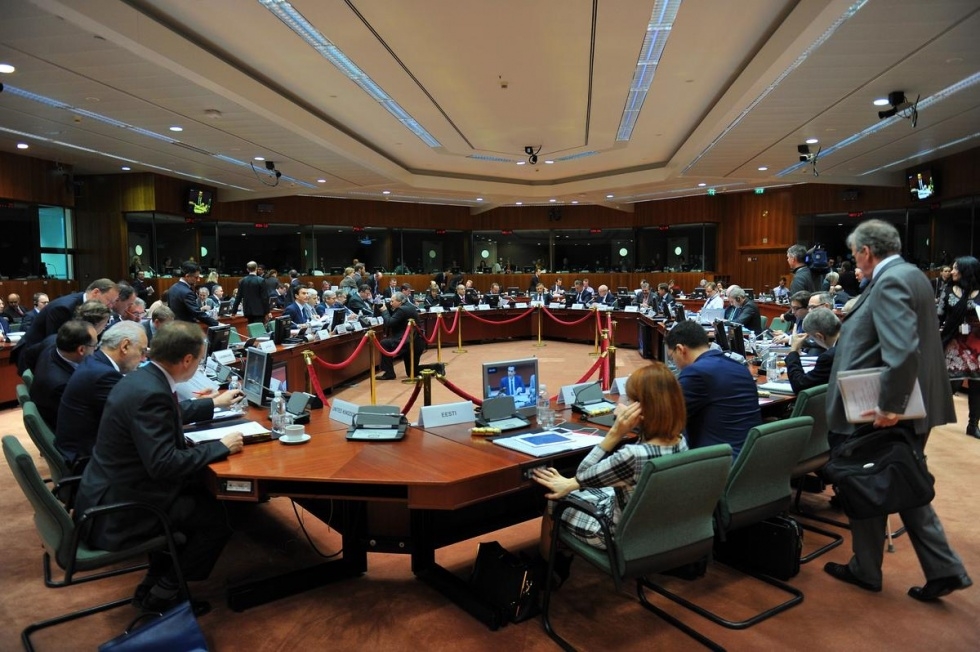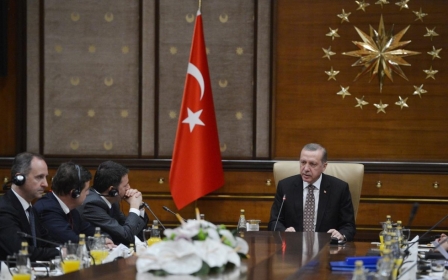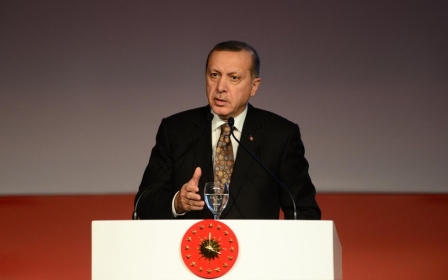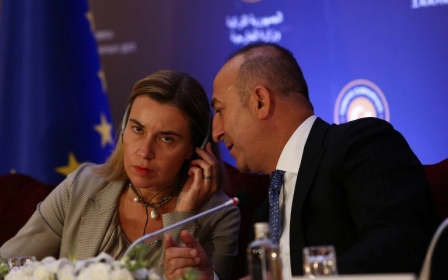10th anniversary of EU-Turkey negotiations marred by spat

More than a dozen people were sent to court on Thursday after the 14 December Turkish crackdown on journalists allegedly affiliated with exiled cleric Fethullah Gulen.
The 73 year old Gulen, who lives in the state Pennsylvania, has been accused by the Turkish President Recep Erdogan on a number of occasions of planning a coup against the government.
Turkey had witnessed four military-led coups since the founding of its modern republic.
Gulen remains influential in media and cultural centres, but has no known ties to the country's military.
The arrests targeted a number of high profile names, like the editor in chief of the Zaman daily newspaper, Ekrem Dumanli, and the head of the Samanyolu Media Group, Hidayet Karaca.
European Union officials denounced the arrests, describing them as “incompatible with the freedom of media.”
“This operation goes against the European values and standards Turkey aspires to be part of and which are the core of reinforced relations,” said Federica Mogherini, the EU Foreign Policy Chief.
This prompted a sharp response from Turkish President Recep Erdogan, who called on the EU to mind their own business.
In another fiery speech given on 17 December at a rally in the city of Konya, Erdogan repeated that Brussels has no right to give Ankara a “democracy lesson.” He also told the EU to look in the mirror, a reference to their policies in Egypt and Syria.
“They say they will give Turkey a lesson in freedoms,” Erdogan said. “You first go and give an account of rising racism, Islamophobia and discrimination in Europe. Those who close their eyes to what happens in Syria, who turn their backs on the massacres in Palestine, cannot preach to us about freedom, democracy and human rights.”
“Let me repeat it, those who try to advise Turkey by shaking their finger, just like a governess, must understand that they are no longer facing the old Turkey,” he added.
Ahead of the 10th year anniversary since the EU began formal membership negotiations with Turkey, the county’s permanent representation in Brussels has approached the EU in order to smooth relations over.
Twelve suspects, including Dumanli and Karaca, were sent to court with demands for their arrest after they gave their testimonies to the police. The other four sought probation. The others who were arrested during the weekend raid were released earlier.
The arrests came almost a year after financial corruption allegations were made Erdogan’s office, who was prime minister at the time. The government responded by calling the charges the work of the “parallel state,” a reference to what they believe Gulen is actively working on.
On Thursday, hundreds of people from the Republican People’s Party (CHP) and opposition lawmakers held protests at the anniversary of the corruption allegations, which were directed against Erdogan’s inner circle, including his family.
New MEE newsletter: Jerusalem Dispatch
Sign up to get the latest insights and analysis on Israel-Palestine, alongside Turkey Unpacked and other MEE newsletters
Middle East Eye delivers independent and unrivalled coverage and analysis of the Middle East, North Africa and beyond. To learn more about republishing this content and the associated fees, please fill out this form. More about MEE can be found here.




